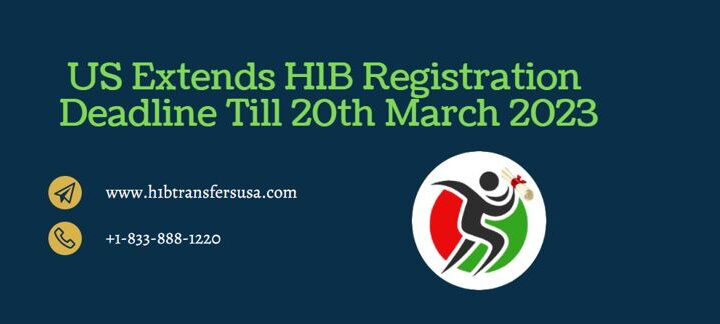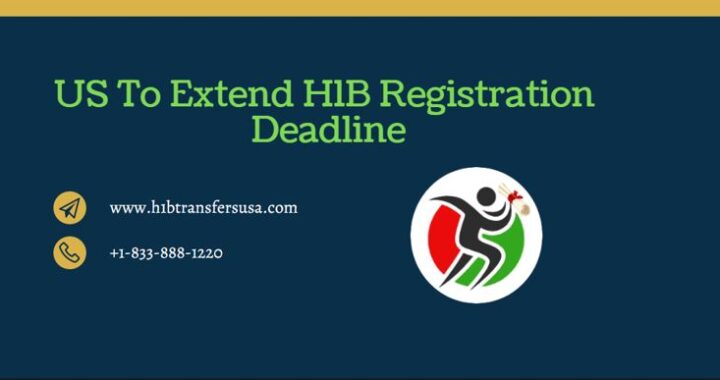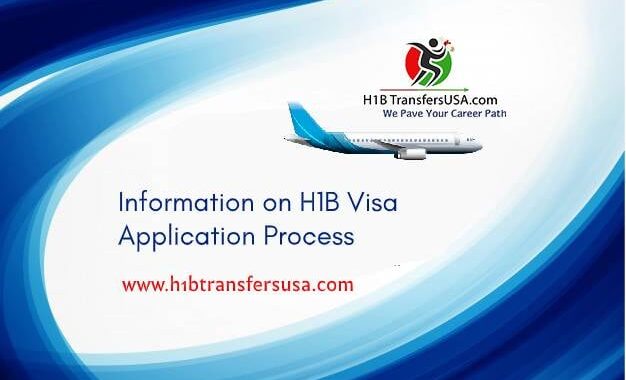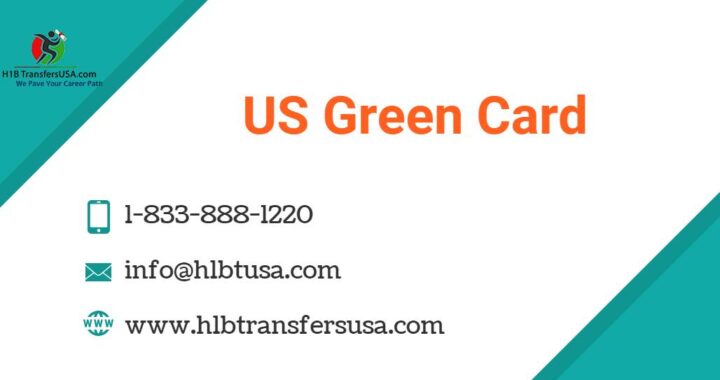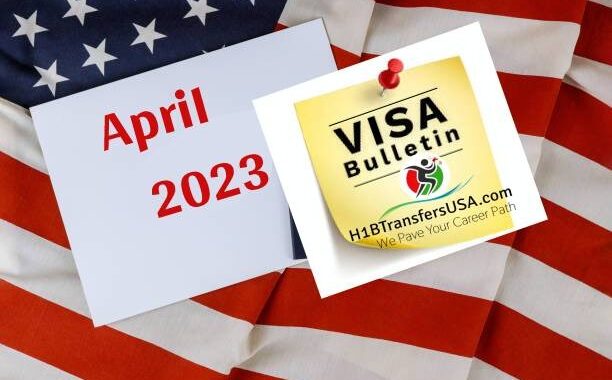DHS to Supplement H-2B Cap with Nearly 65,000 Additional Visas for the Fiscal Year 2023
4 min read
Supplement H-2B Cap: Today the Department of Homeland Security (DHS), in discussion with the Department of Labor (DOL), reported that it will give a guideline that will make available to employers an extra 64,716 H-2B temporary nonagricultural worker visas for fiscal year (FY) 2023, on top of the 66,000 H-2B visas that are usually available each fiscal year. By making these extra visas available at the outset of the fiscal year, which started on October 1, 2022, DHS is acting quickly to address employers’ requirements for extra seasonal workers.
Simultaneously, DHS and DOL are working together to institute robust protections for U.S. and foreign workers alike. Including guaranteeing that employers first search out and select American workers for the jobs to be filled. As the visa program requires that foreign workers recruited are not exploited by unscrupulous employers. To strengthen these efforts, DHS and DOL also announced the making of another White House-convened Worker Protection Taskforce, as described below.
“The Department of Homeland Security is moving with exceptional speed to address the issues of American businesses,” expressed Secretary of Homeland Security Alejandro N. Mayorkas. “During a time of record job growth, this entire year allocation. At the very outset of the fiscal year will guarantee that organizations can plan their peak season labor needs. We also will support worker protections to safeguard the program’s integrity from unscrupulous employers. Who would seek to exploit the workers by paying substandard wages and maintaining unsafe work conditions.”
Supplement H-2B Cap with Nearly 65,000 Additional Visas
The H-2B supplemental includes an allocation of 20,000 visas to workers from Haiti and the Central American nations of Honduras, Guatemala, and El Salvador. This advances the Biden Government’s promise, under the Los Angeles Statement for Migration and Protection. To extend legal pathways as an option in irregular migration. This is also reliable with the joint responsibility President Biden and President López Obrador of Mexico made in July. To work together to broaden opportunities for seasonal and circular labor and ensure that migration is a choice and not a necessity. This is one of the numerous ways that the US and Mexico are cooperating to manage migration and fuel economic development. Also, as examined in the bilateral working group on labor mobility.
In addition to the 20,000 visas saved for nationals of Haiti and the Northern Central American countries. The excess 44,716 supplemental visas will be available to returning workers who got an H-2B visa. Or were otherwise granted H-2B status, during one of the last three fiscal years. The regulation will allocate these remaining supplemental visas for returning workers. Between the first half and second half of the fiscal year to account for the requirement for extra seasonal employees. Throughout the year, with a piece of the second half was saved to fulfill the need for workers during the peak summer season.
H-2B Program
The H-2B program permits employers to temporarily recruit noncitizens to perform nonagricultural labor or services in the US. The employment should be of a temporary nature, like a one-time occurrence, seasonal need, or irregular need. Employers looking for H-2B workers should find a series of ways to test the U.S. labor market. They should also guarantee in their petitions that there are insufficient U.S. workers who are capable, willing, and qualified. And available to perform the temporary work for which they look for a planned foreign worker. Moreover, supplement H-2B cap employers should ensure that employing H-2B workers won’t adversely affect the wages and working conditions of similarly employed U.S. workers.
[Everything You Need for the 2024 Diversity Immigrant Visa Program (DV-2024)]
DHS and DOL acknowledge that H-2B workers face structural disincentives to reporting or leaving abusive conditions. Moreover, often lack the power to exercise their rights in the face of exploitative employment situations. The departments emphasize the importance of protecting all H-2B workers from exploitation and abuse, and of ensuring, consistent with the law. That employers don’t decline to recruit or appropriately recruit U.S. workers. Who is able, willing, qualified, and available to perform the temporary work. The forthcoming temporary final rule implementing this allocation will feature several provisions to protect both U.S. and H-2B workers. For instance, DHS will subject employers that have committed specific labor regulation violations. In the H-2B program additional scrutiny in the supplemental cap petition process. This extra examination is pointed toward guaranteeing compliance with H-2B program requirements and obligations.

